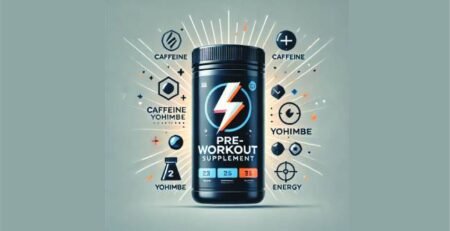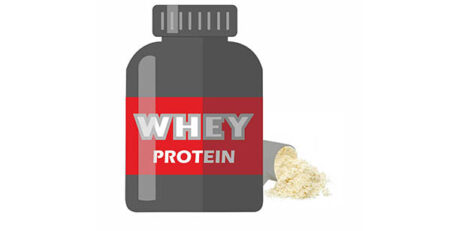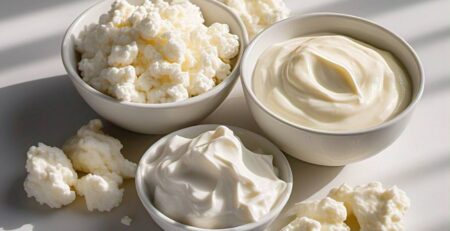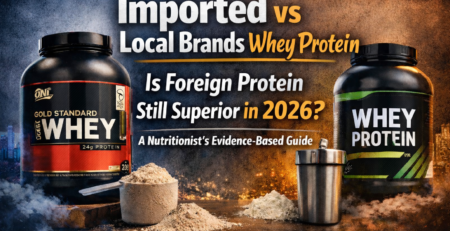Is Sugar-Free Safe for Health? The Truth About Artificial Sweeteners
In today’s health-conscious world, many people seek to reduce sugar consumption for weight loss, diabetes management, or overall well-being. One of the most common solutions is switching to sugar-free alternatives. But the key question remains: Is sugar-free safe for health?
With growing concerns over artificial sweeteners, it’s essential to understand what they are, how they work, and whether they pose any health risks. In this detailed guide, we’ll explore sugar-free substitutes, their benefits, possible risks, and expert opinions to help you make an informed choice.
What is Sugar-Free?
Sugar-free refers to artificial or natural sweeteners that provide the sweet taste of sugar but with significantly fewer or zero calories. These sugar substitutes are widely used in diet beverages, desserts, baked goods, and even medicines to enhance flavor without adding excessive calories.
Artificial sweeteners undergo specific chemical processes or are extracted from natural sources to mimic the sweetness of sugar while offering a healthier alternative for those watching their sugar intake.
But the question remains: Are these substitutes truly safe?
Types of Sugar-Free Substitutes and Their Safety
Not all sugar substitutes are created equal. Some are artificial, while others come from natural sources. Let’s explore some of the most popular sugar-free options and their safety profiles.
1. Sucralose (Splenda, Sugar-Free Natura)
Origin & Sweetness: Sucralose was discovered in 1976 and is approximately 320-1000 times sweeter than regular sugar. The body does not break it down, making it a zero-calorie sweetener.
Benefits:
✔ No bitter aftertaste like some other sweeteners.
✔ Heat-stable, making it suitable for cooking and baking.
✔ Approved by the FDA as safe for consumption.
Potential Concerns:
✖ Some studies suggest it may alter gut microbiota, which can impact digestion and immunity.
✖ Excessive intake might lead to increased sugar cravings.
Verdict: Safe in moderation but should not be consumed excessively.
2. Stevia (Stevia, Erythritol-based Sweeteners)
Origin & Sweetness: Derived from the leaves of the Stevia rebaudiana plant, stevia is up to 150 times sweeter than sugar and contains zero calories.
Benefits:
✔ A natural alternative to artificial sweeteners.
✔ Shown to have potential benefits for diabetics by stabilizing blood sugar levels.
✔ Approved by the FDA and commonly used in food products.
Potential Concerns:
✖ Some people find stevia has a slightly bitter aftertaste.
✖ Stevia extracts (Reb-A) are highly processed, raising concerns over purity.
Verdict: One of the safest sugar substitutes, but choose high-quality stevia products.
3. Aspartame (NutraSweet, Equal)
Origin & Sweetness: Aspartame is a non-saccharide artificial sweetener that is 200 times sweeter than sugar. It has been used since 1965 and was FDA-approved in 1981.
Benefits:
✔ Low-calorie alternative used in many sugar-free beverages.
✔ Does not contribute to tooth decay.
✔ Safe for general use according to FDA guidelines.
Potential Concerns:
✖ Contains phenylalanine, which is dangerous for individuals with phenylketonuria (PKU).
✖ Some studies suggest links to headaches and neurological issues, though inconclusive.
Verdict: Safe for the general population but not suitable for individuals with PKU.
4. Acesulfame Potassium (Ace-K, Sunett, Sweet One)
Origin & Sweetness: Discovered in 1967, Acesulfame K is 200 times sweeter than sugar. It is commonly blended with other sweeteners to balance taste.
Benefits:
✔ Heat-stable and used in baking and cooking.
✔ Does not raise blood sugar levels, making it diabetic-friendly.
✔ FDA-approved as a safe low-calorie sweetener.
Potential Concerns:
✖ Has a slightly bitter aftertaste when consumed in large amounts.
✖ Some animal studies suggest a potential link to metabolic changes, but human studies are inconclusive.
Verdict: Considered safe in moderate amounts but should not be overused.
Is Sugar-Free Healthier Than Sugar?
When considering sugar-free substitutes, it’s crucial to compare their health impact versus regular sugar.
Benefits of Sugar-Free Sweeteners
✅ Weight Management – Fewer calories help in maintaining or losing weight.
✅ Diabetes Control – Low or no effect on blood sugar levels.
✅ Tooth-Friendly – Unlike sugar, artificial sweeteners don’t contribute to cavities.
✅ Lower Risk of Metabolic Disorders – Some studies suggest they may help prevent obesity-related diseases.
Risks of Sugar-Free Sweeteners
❌ Gut Health Impact – Some artificial sweeteners may disrupt gut bacteria balance.
❌ Cravings & Overeating – Sweeteners can trick the brain into craving more sugar.
❌ Long-Term Health Effects – While deemed safe, research on prolonged high intake is still evolving.
How to Choose the Best Sugar-Free Alternative?
When picking a sugar substitute, consider the following:
✔ Choose natural options like Stevia if you prefer plant-based alternatives.
✔ Use in moderation – Even FDA-approved sweeteners should be consumed within limits.
✔ Avoid artificial sweeteners if you have specific health conditions like PKU.
✔ Read ingredient labels – Some products combine multiple sweeteners.
✔ Consider your dietary needs – Diabetics should opt for sweeteners with minimal blood sugar impact.
Conclusion: Should You Use Sugar-Free Alternatives?
The answer to “Is sugar-free safe for health?” depends on how and how much you consume. Most FDA-approved sugar substitutes are considered safe when used in moderation. However, excessive intake may pose potential health risks.
For the best health outcomes: ➡ Stick to natural sweeteners like Stevia when possible. ➡ If using artificial sweeteners, limit consumption and avoid heavily processed options. ➡ Focus on an overall balanced diet rather than relying on sugar substitutes.
Final Thought: While sugar-free alternatives can be a helpful tool in managing weight and diabetes, they should not replace a wholesome, nutritious diet. Always make informed choices based on your health needs!
For more health and nutrition tips, visit FitToFlaunt.com and stay updated with expert-backed wellness advice!











